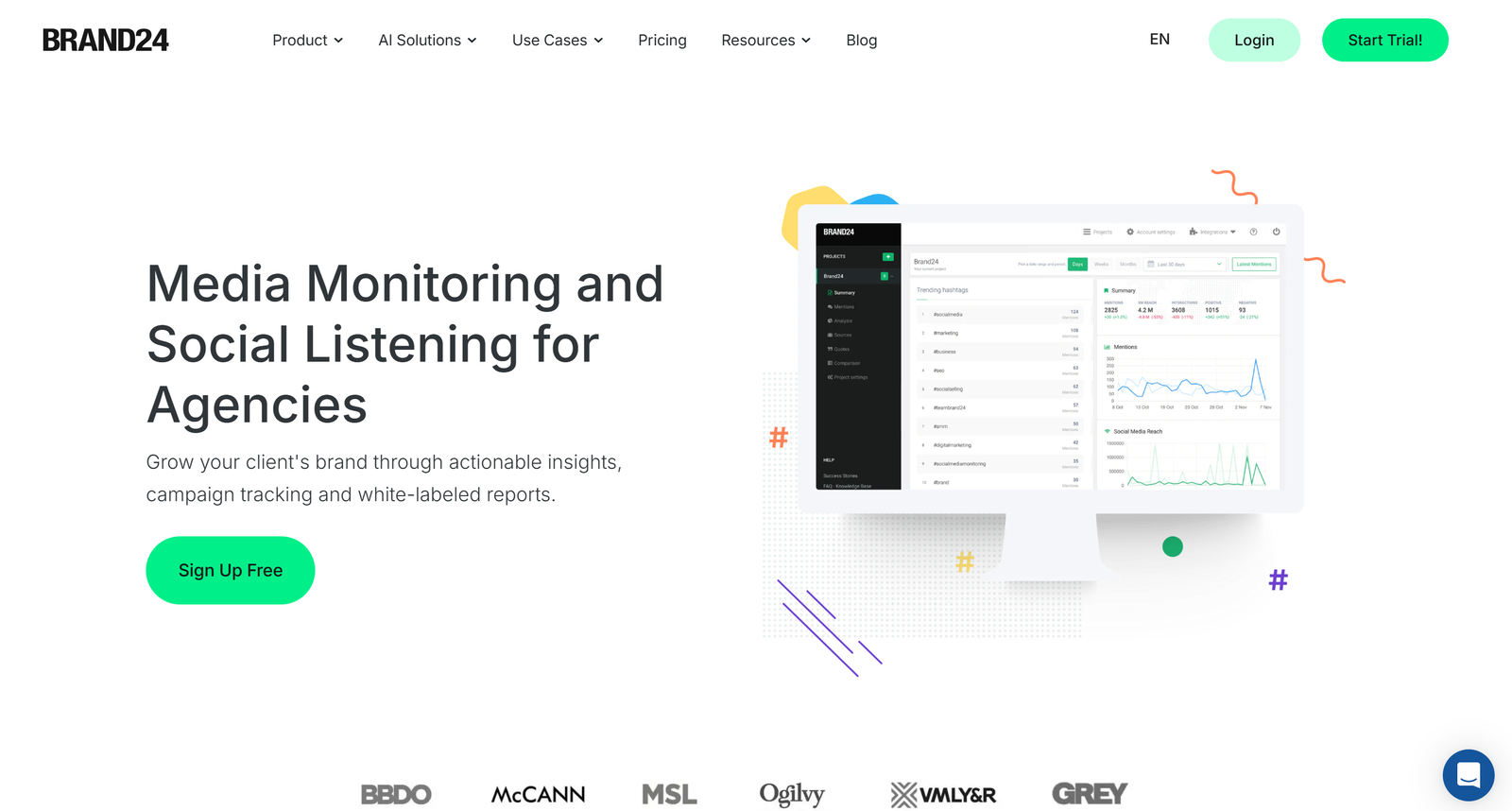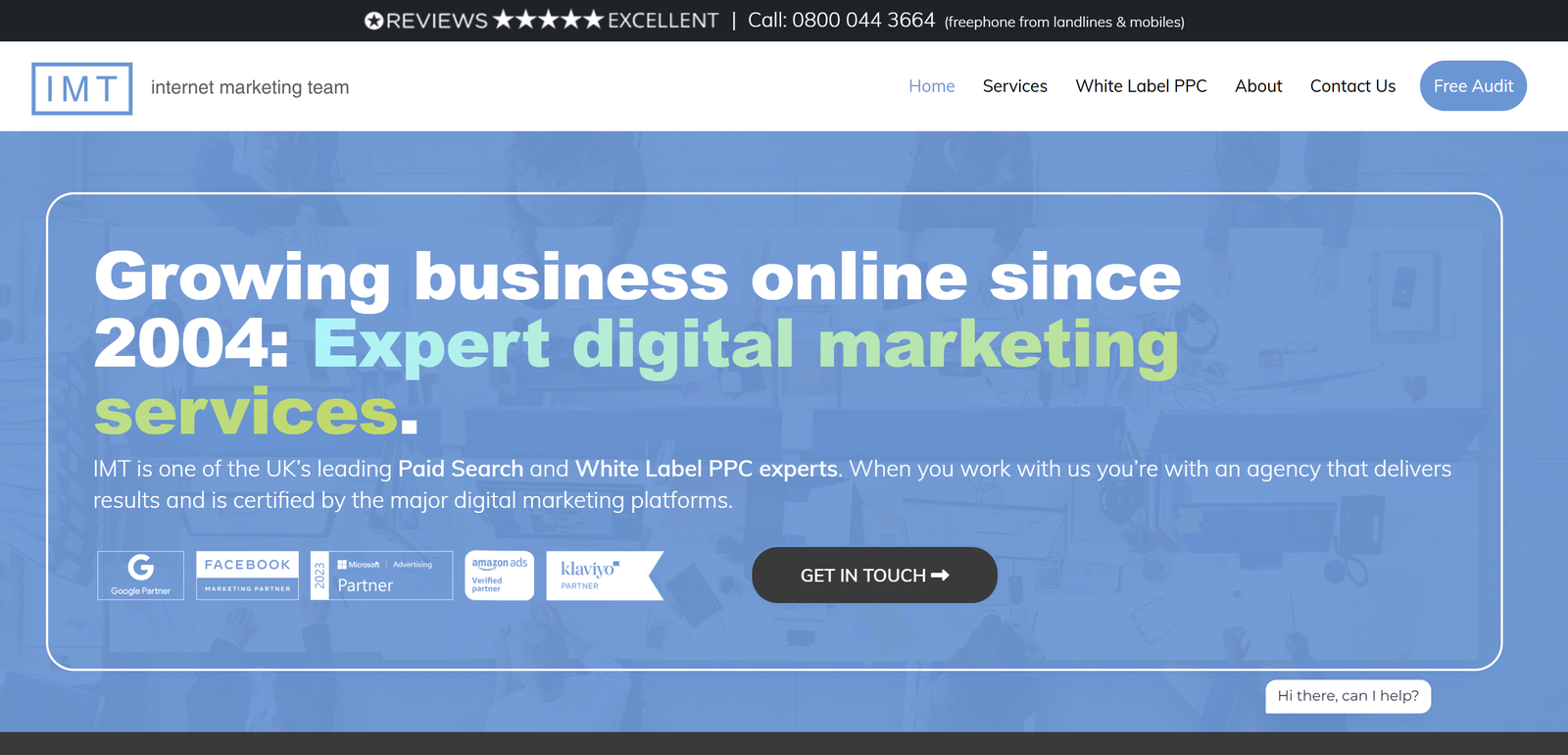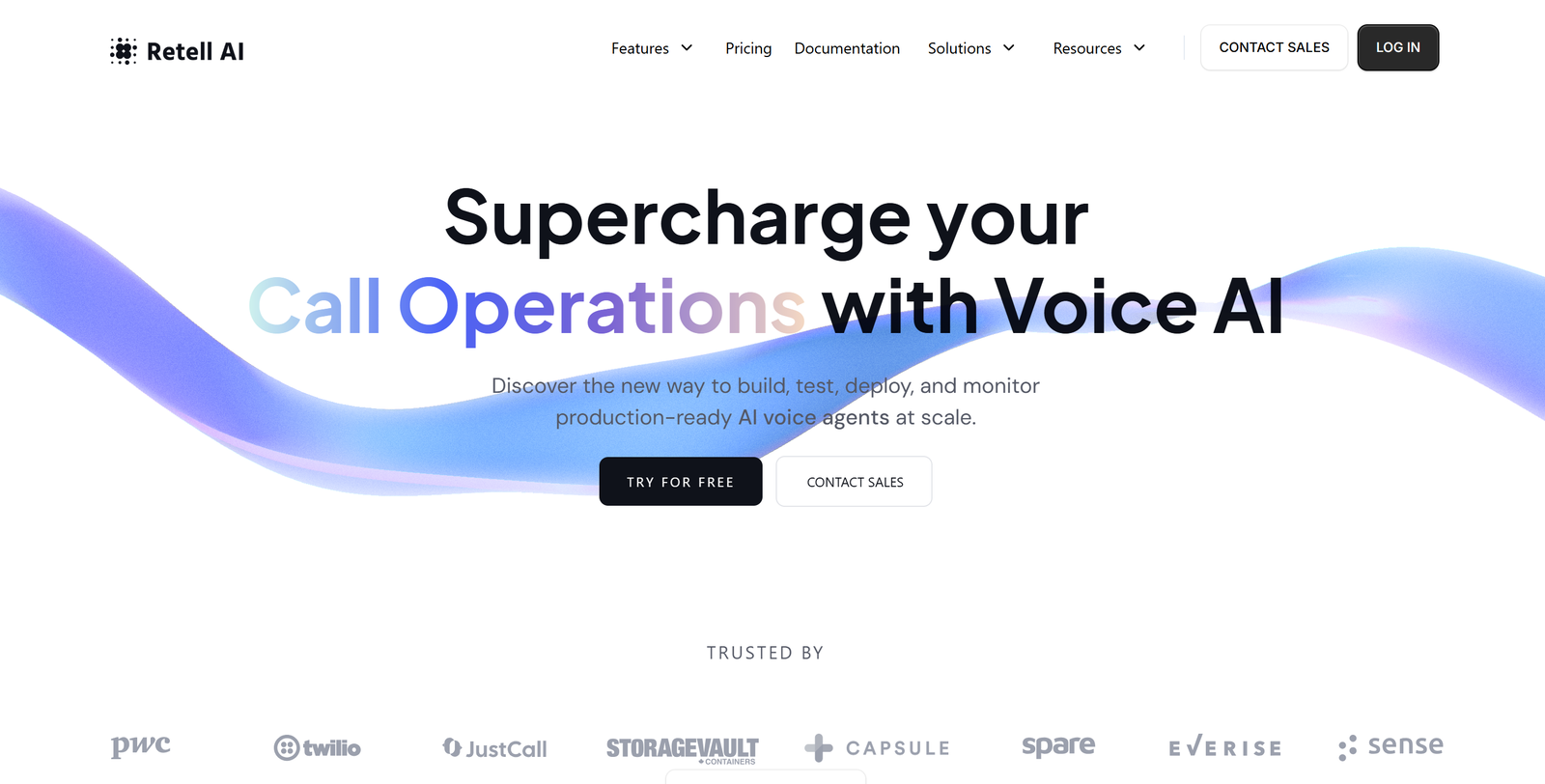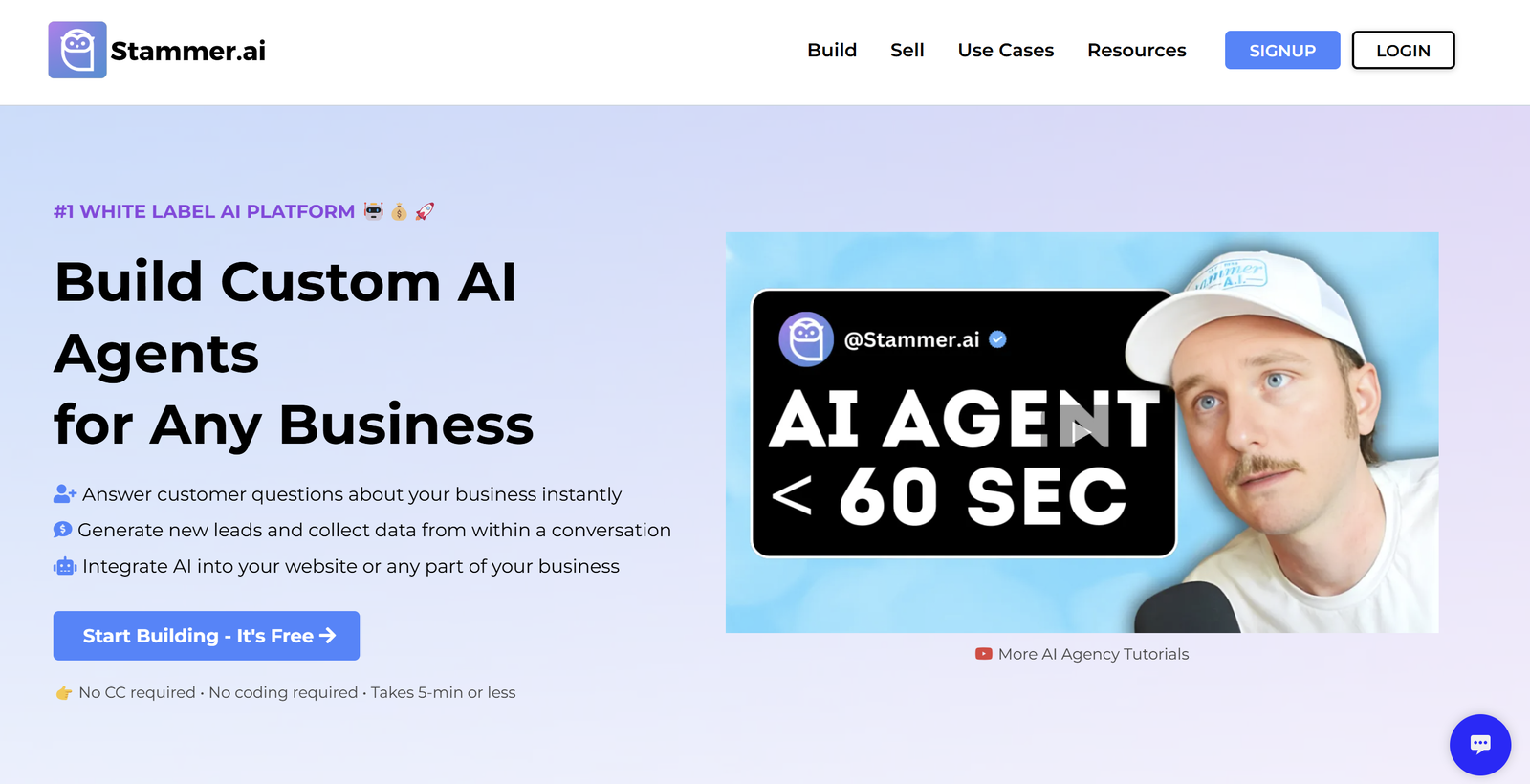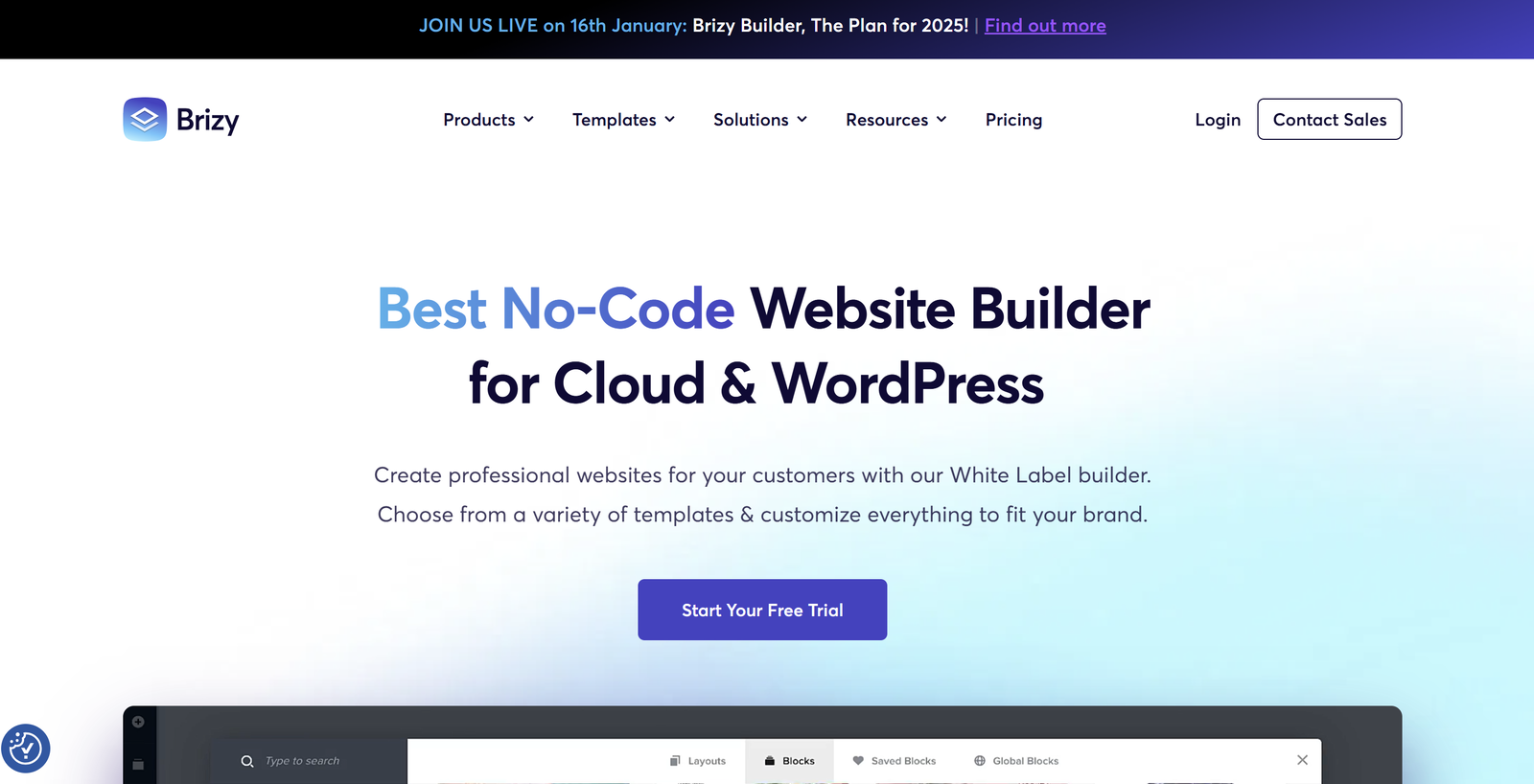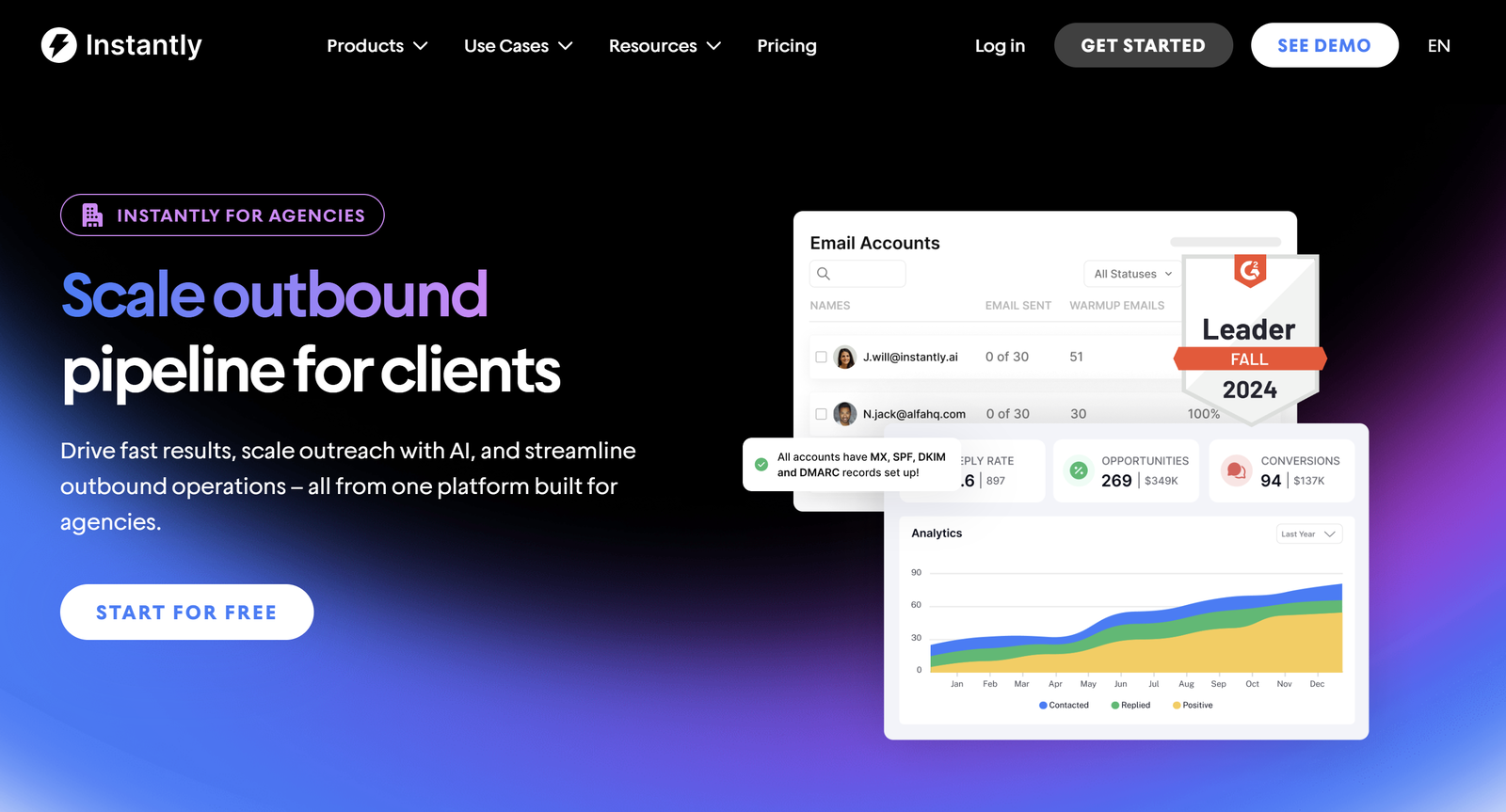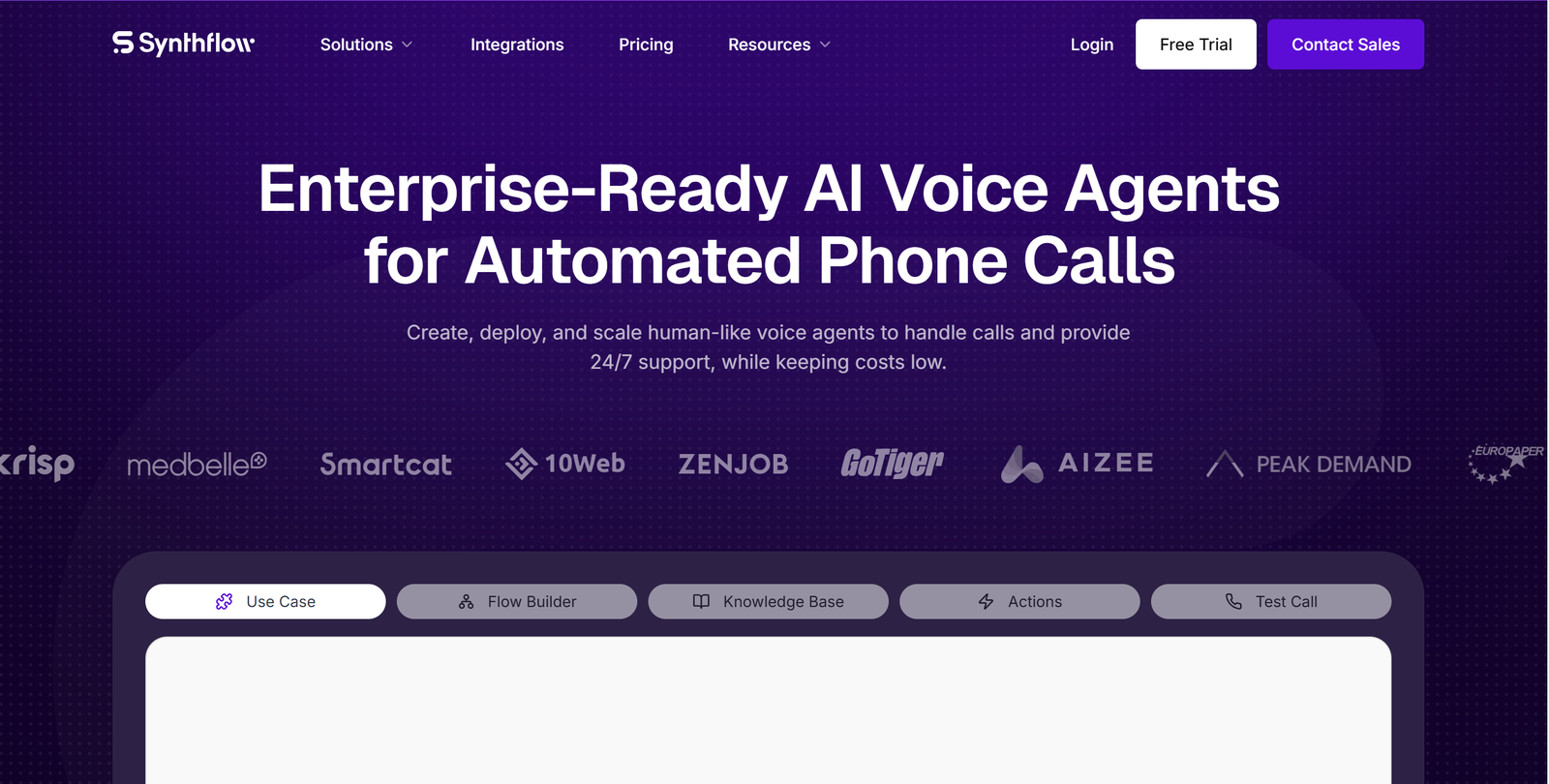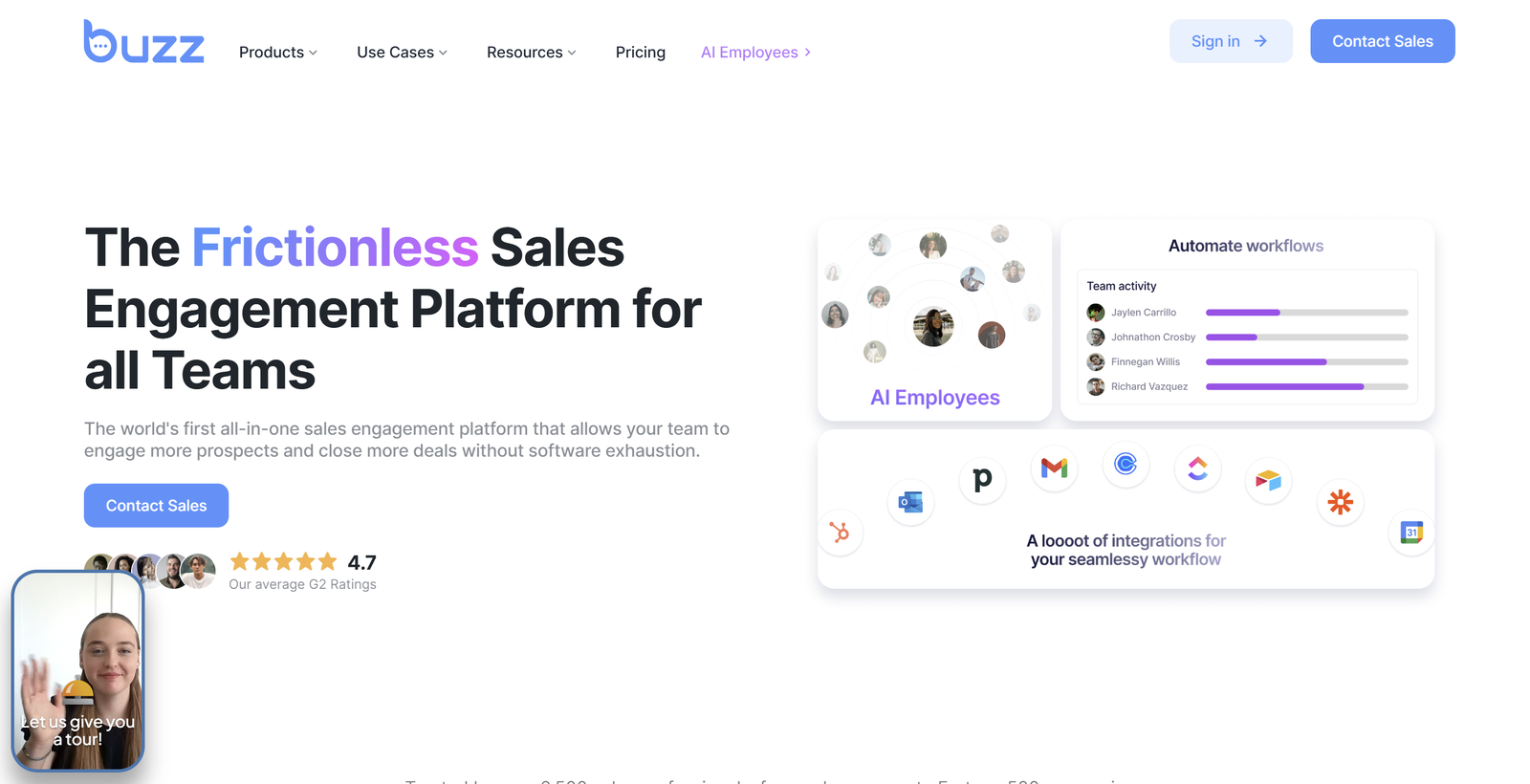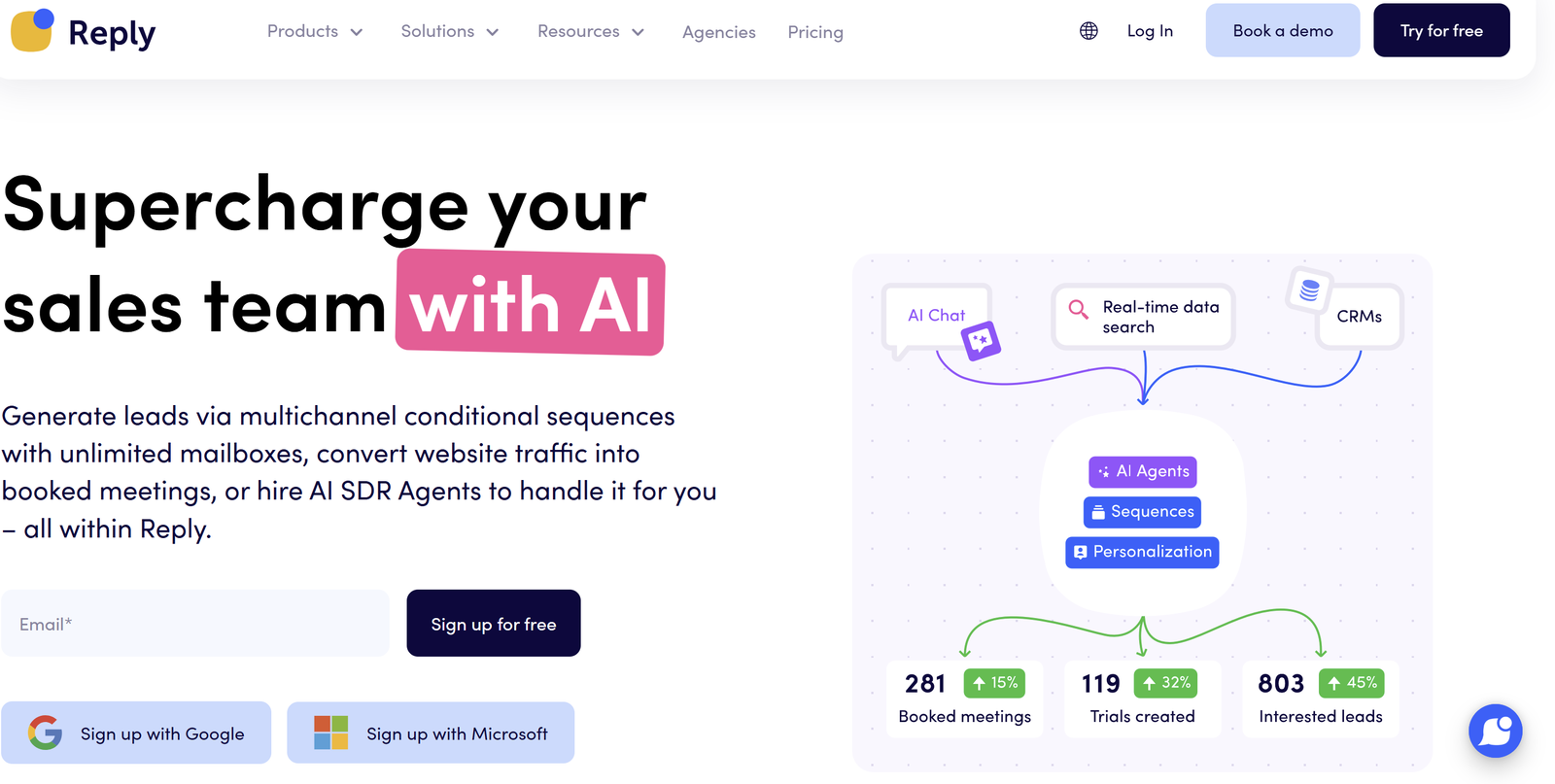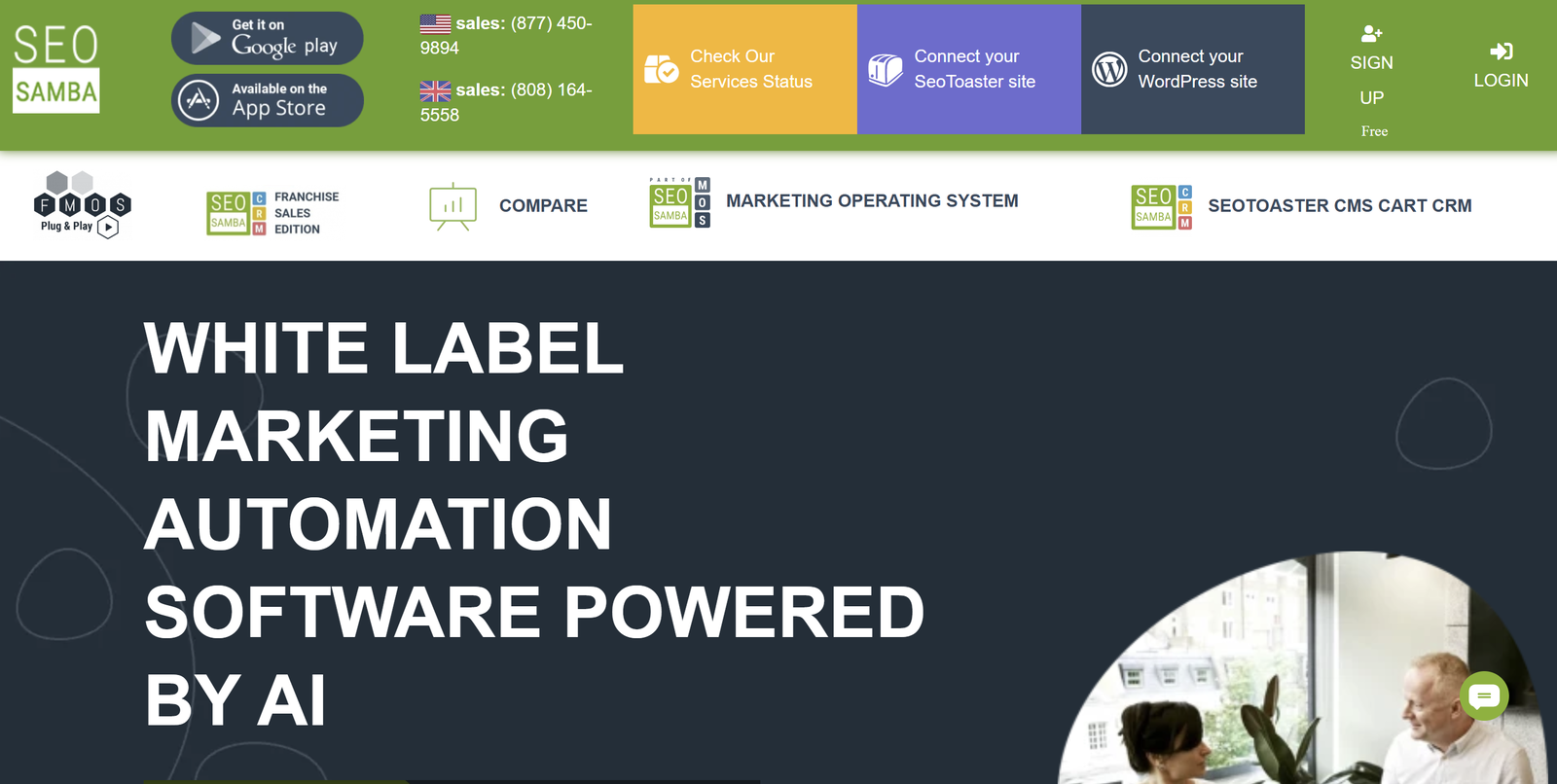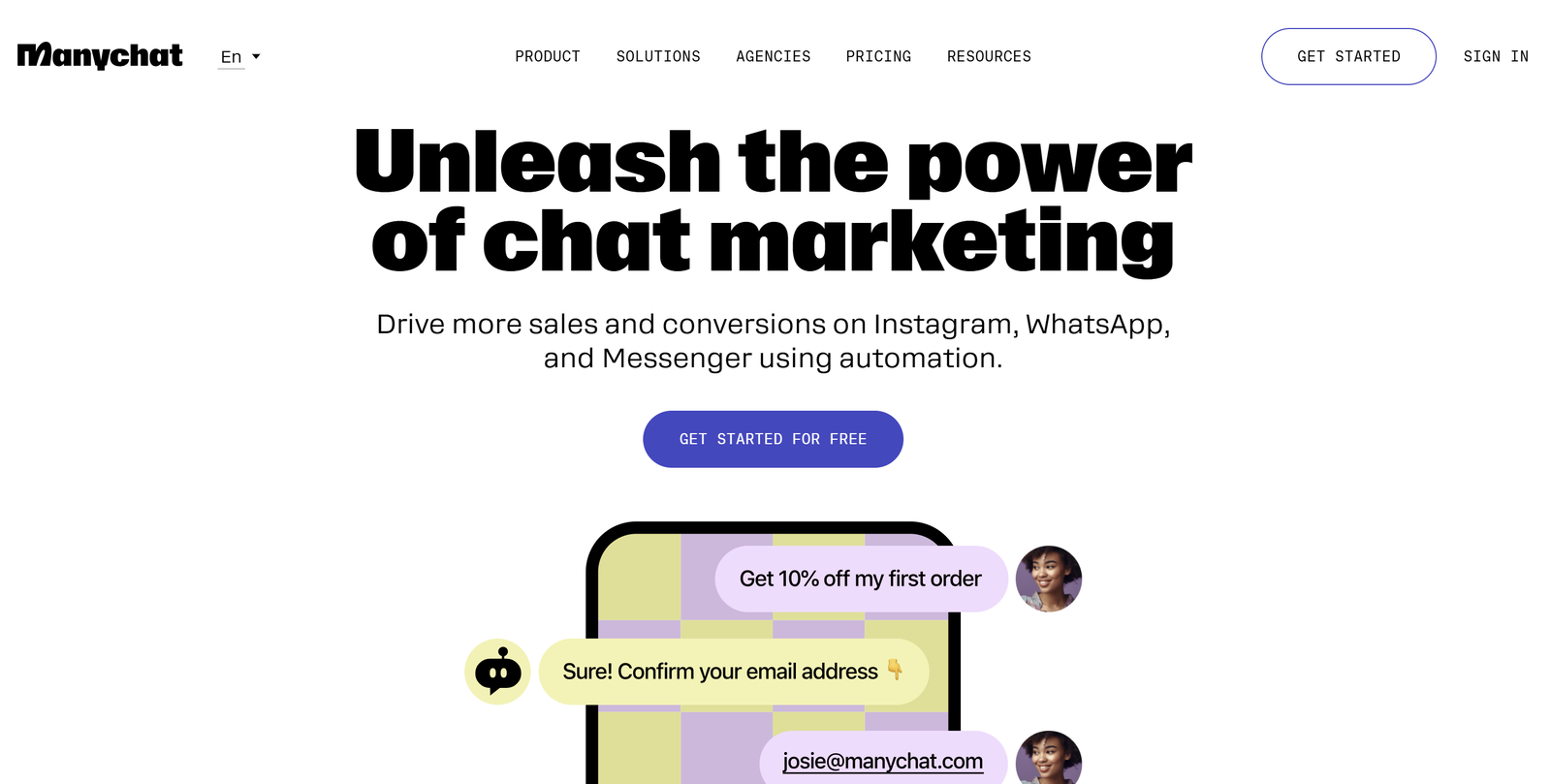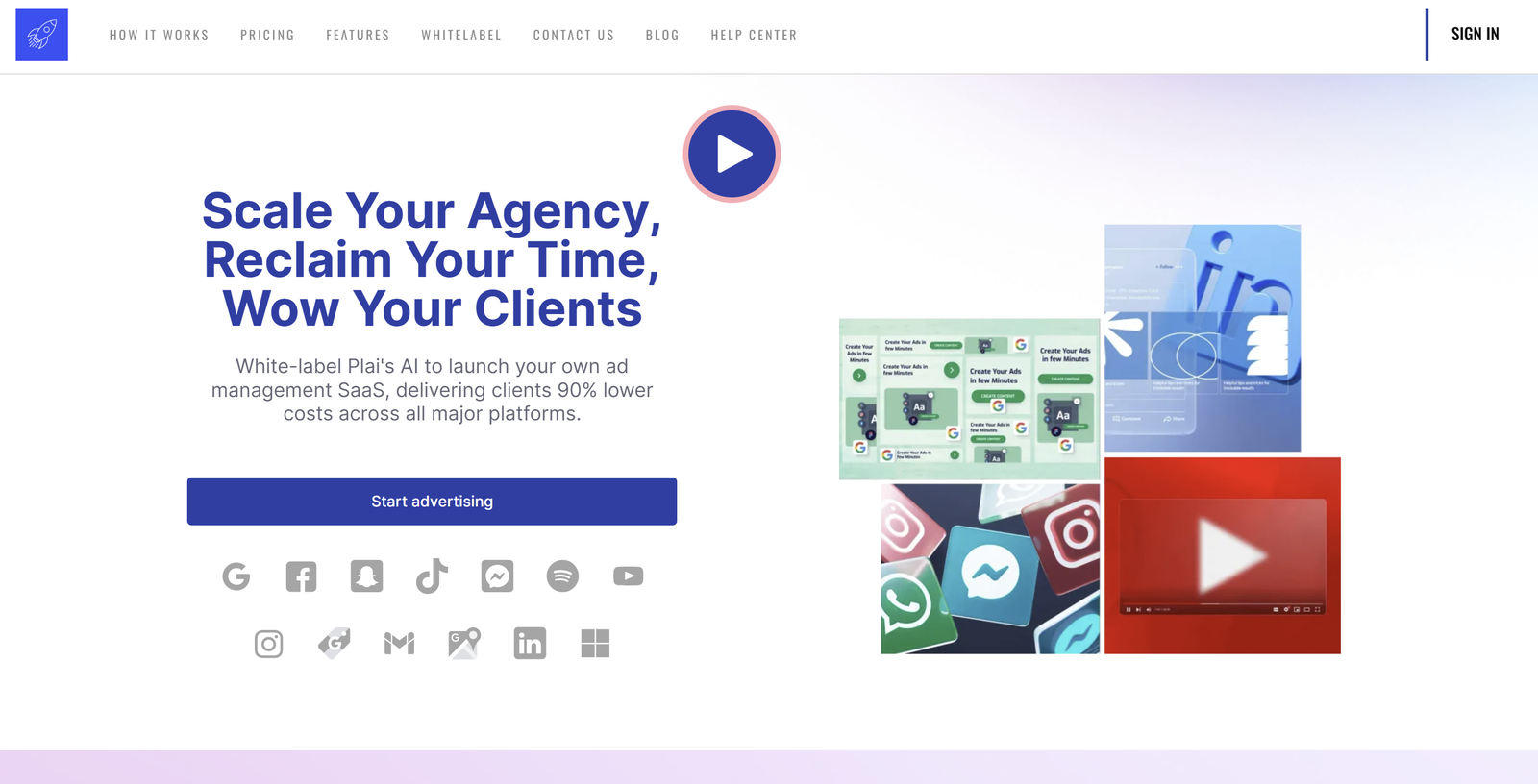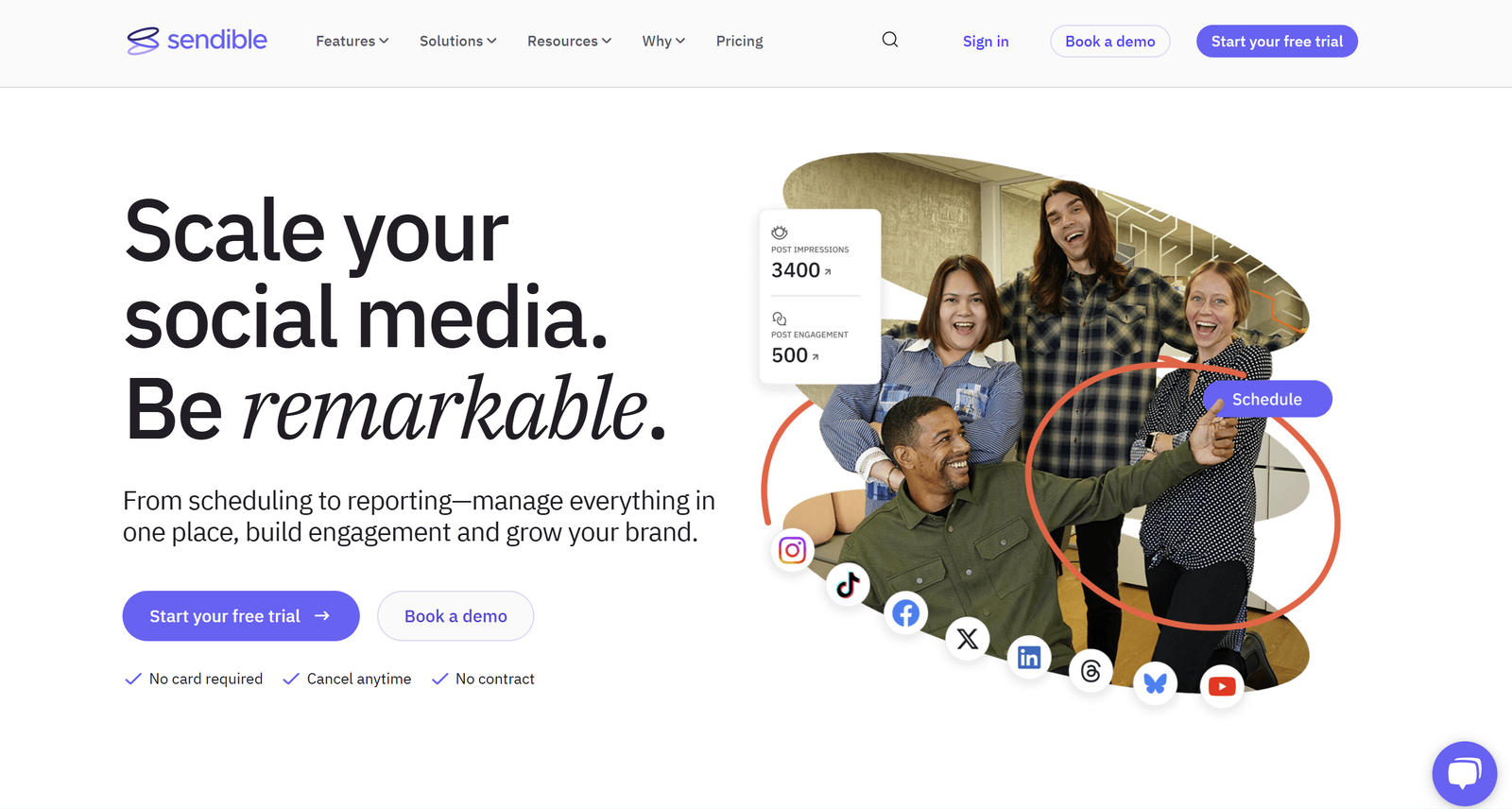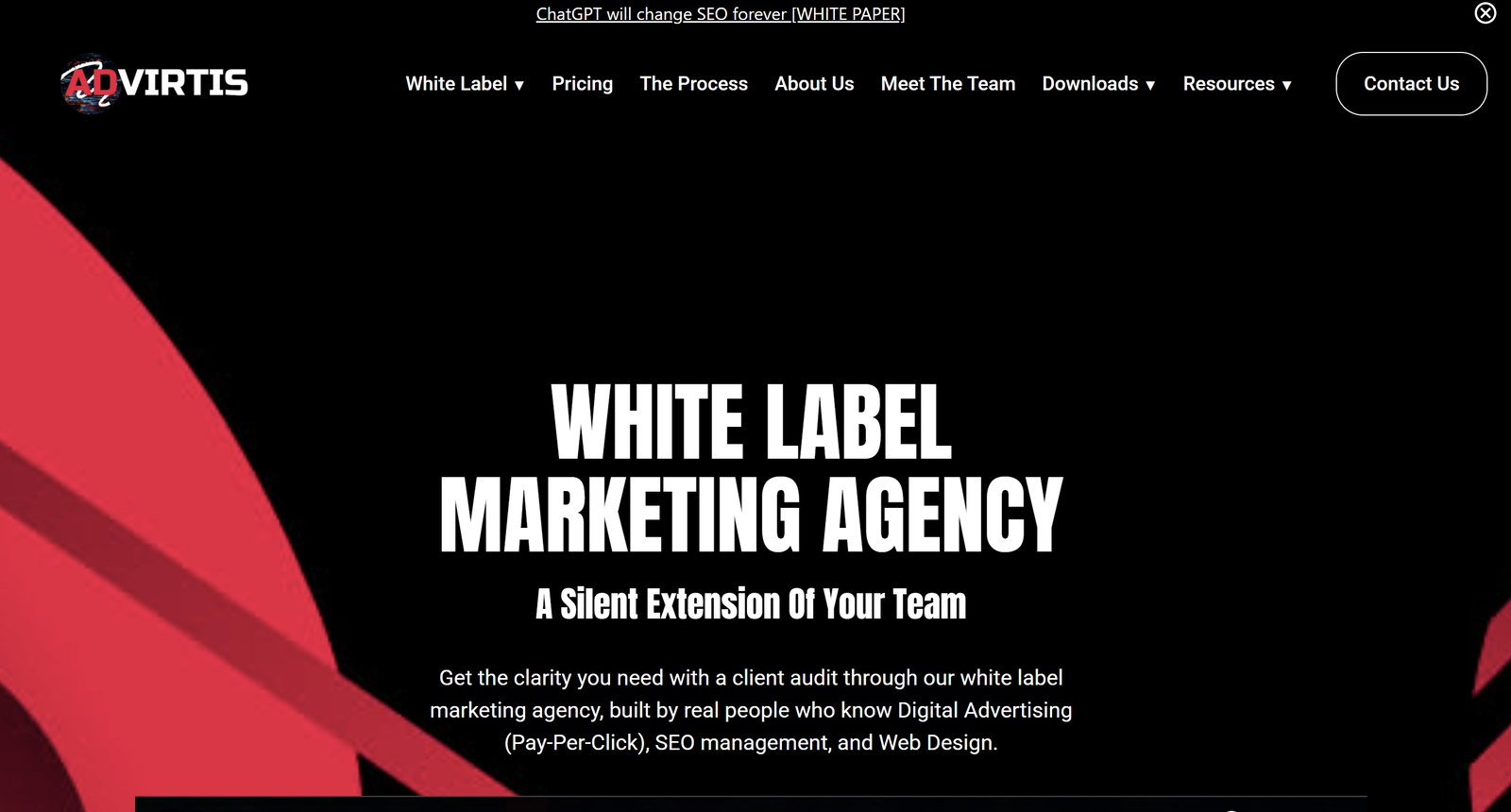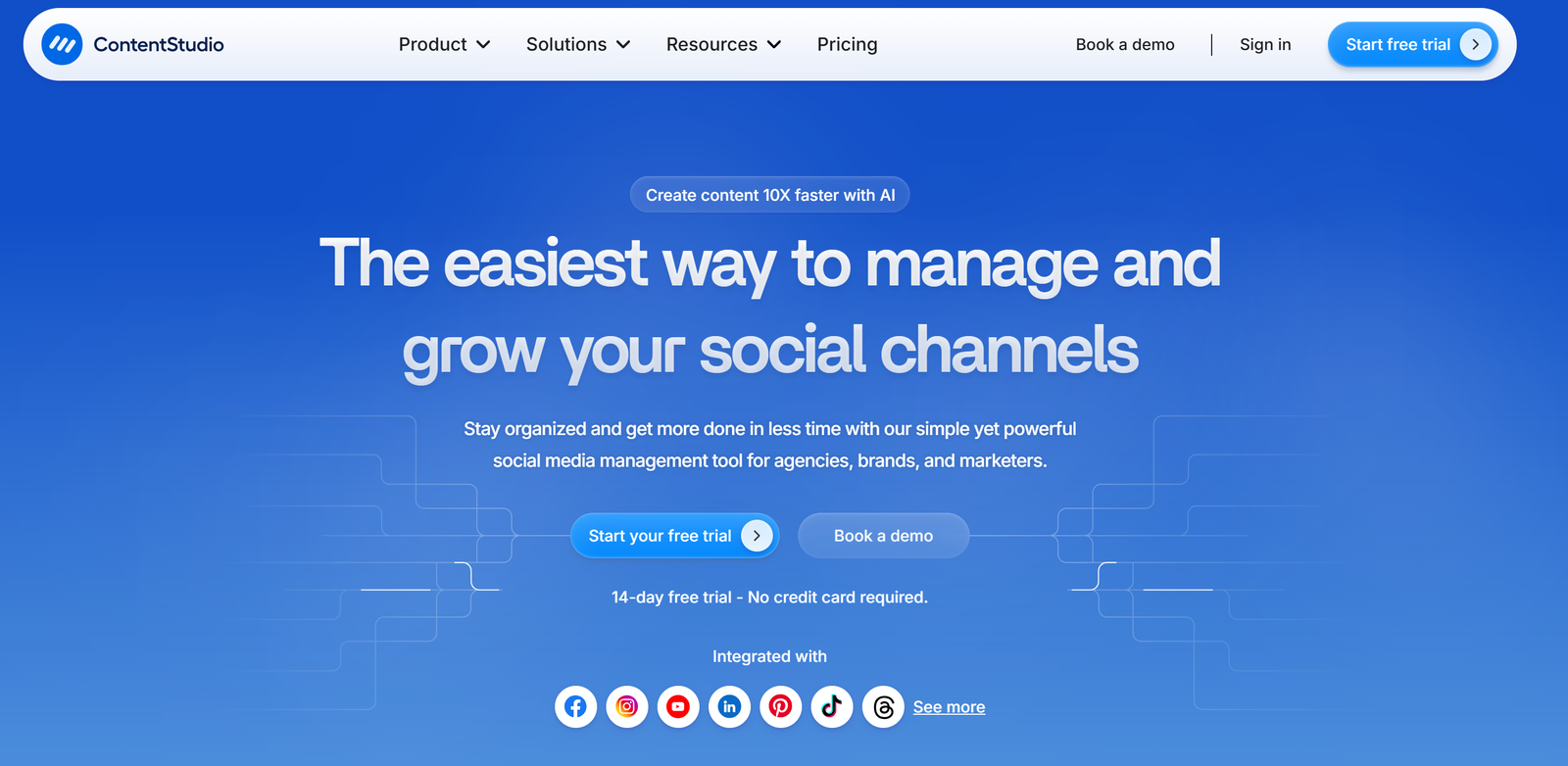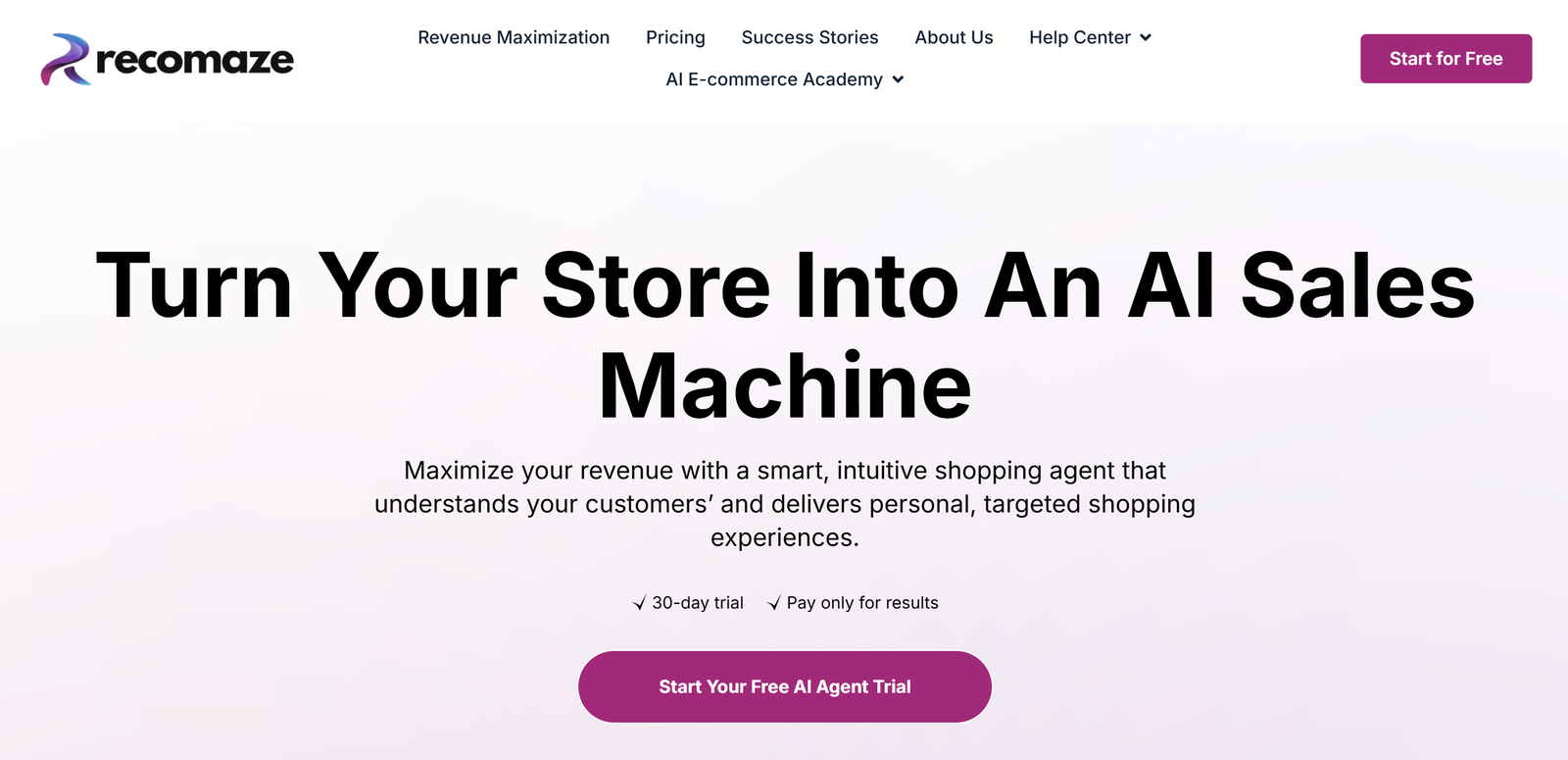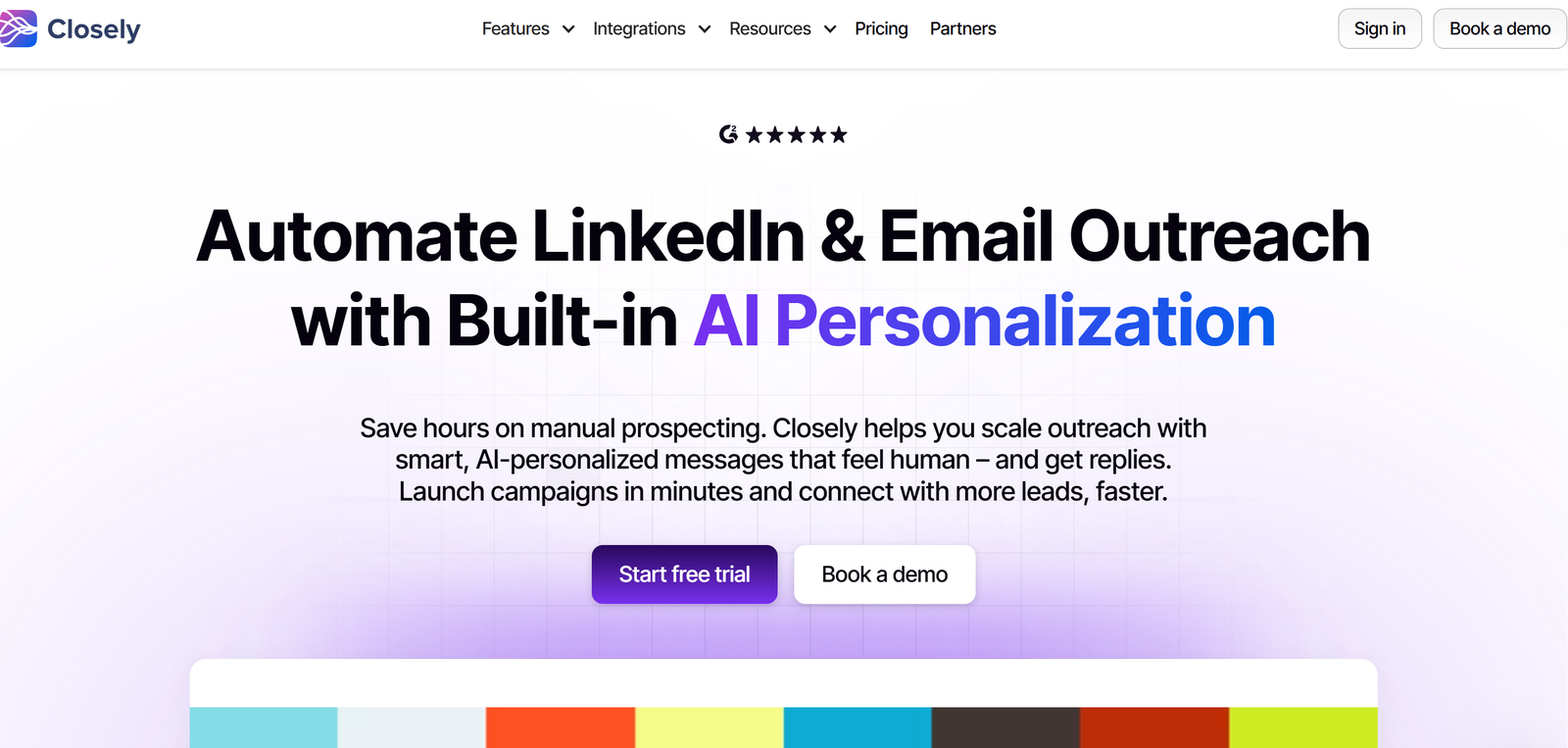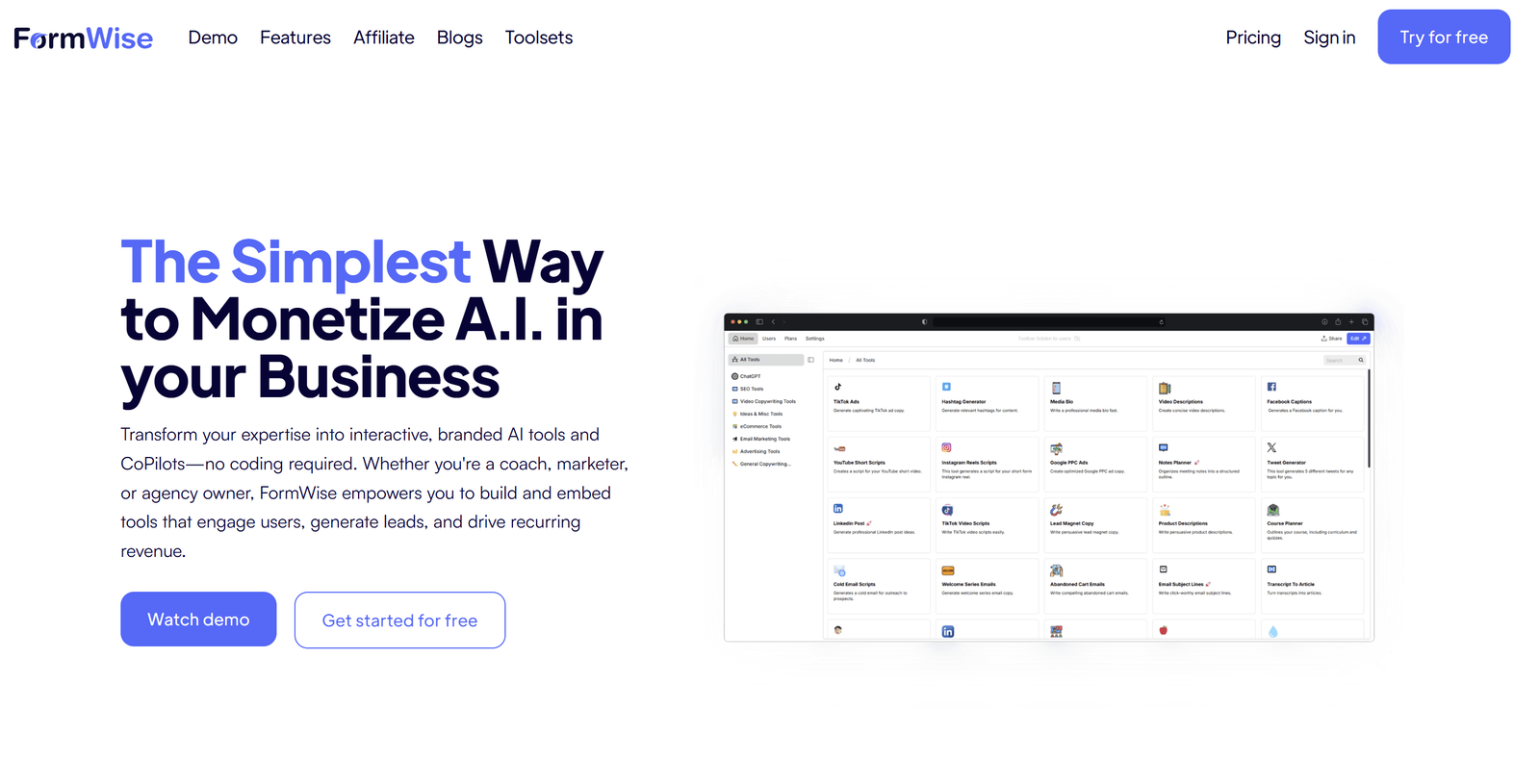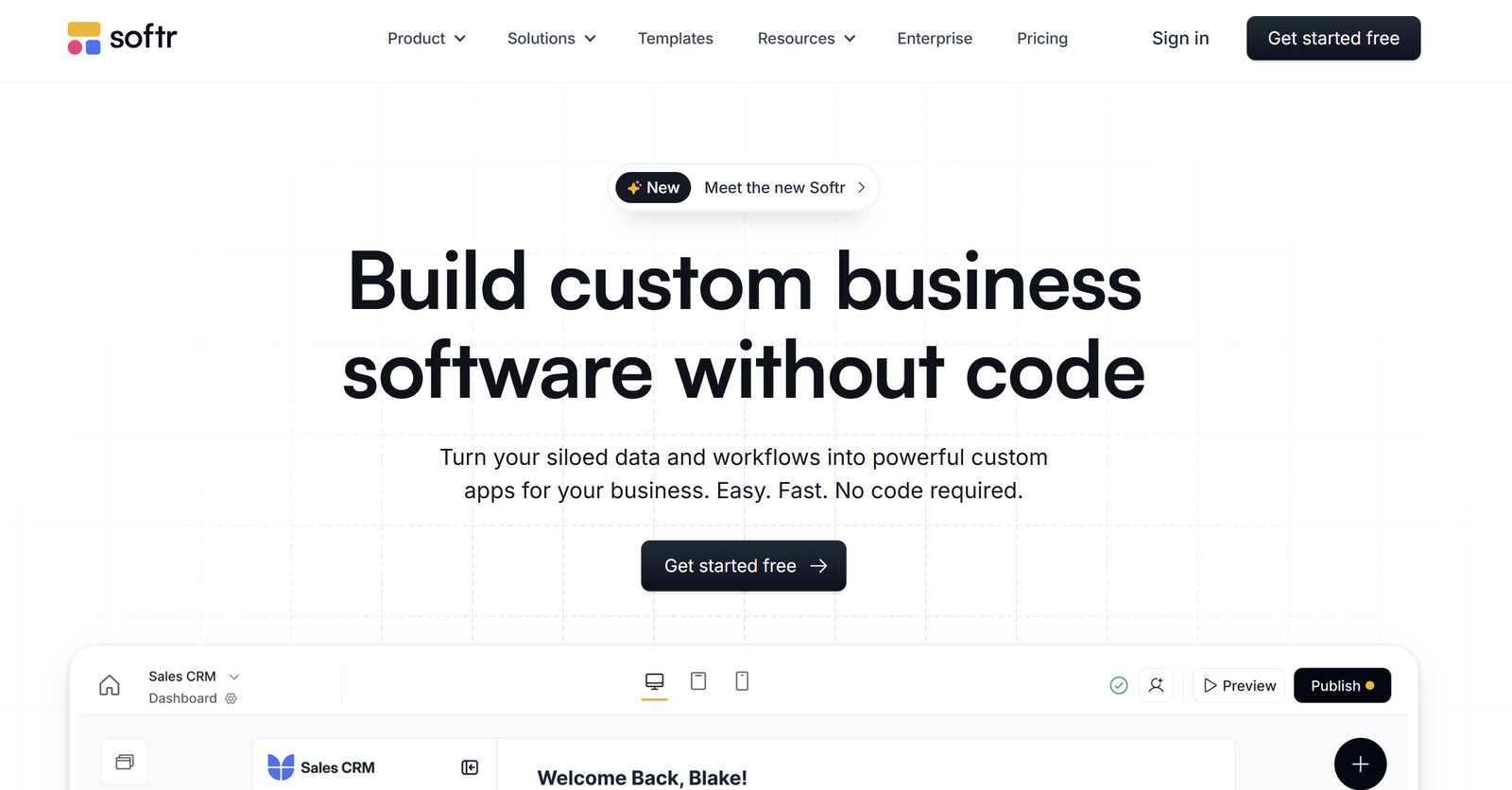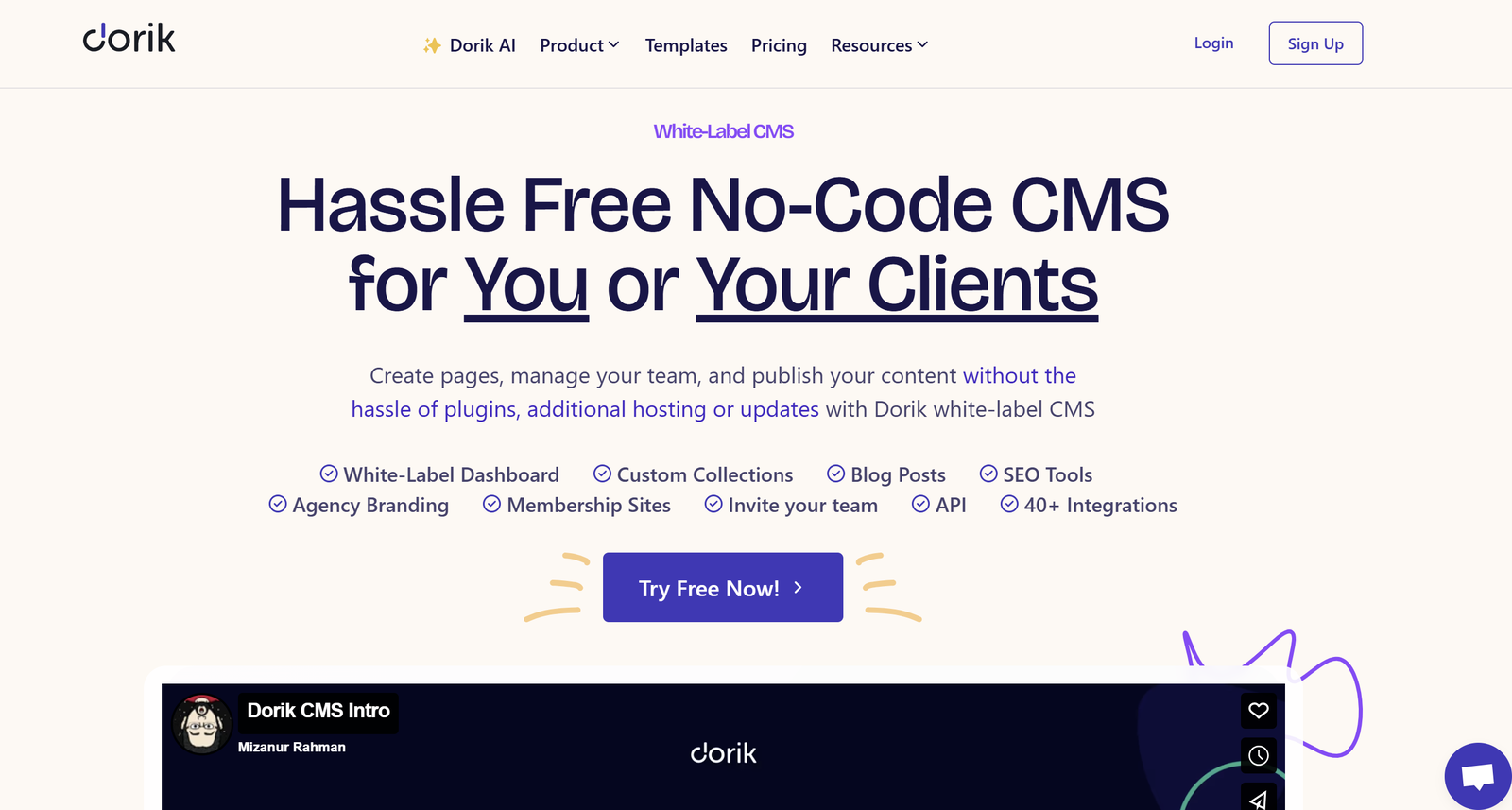AI tools assist with SEO in several powerful ways. They can perform in-depth data analysis to inform your SEO strategy – for instance, AI can analyze hundreds of thousands of search results and find patterns of what content ranks well for a given topic (e.g., ideal content length, common subtopics, backlink profiles). This helps marketers make data-backed decisions rather than relying on hunches. AI-driven SEO tools can also do real-time SEO audits of websites, flagging technical issues (like broken links, missing meta tags, page speed problems) and even suggesting fixes. Another area is content optimization: AI tools can read a piece of content and score its relevance for a target keyword, suggesting additional keywords or topics to include to rank higher. Some advanced tools use natural language processing to evaluate how well your content matches search intent, and they help you tweak it accordingly. There are also AI components like predictive analytics, which might forecast which keywords are rising in popularity (so you can create content for them before the competition). Additionally, AI can automate routine SEO tasks – think of an AI that dynamically updates title tags or internal links based on what’s performing best, or manages local listings to improve local search rankings. All in all, AI makes SEO more effective by crunching big data into actionable insights and handling labor-intensive tasks automatically, giving SEO professionals more time to focus on strategy and creative work.
Q7: What are no-code development platforms and why are they useful for agencies?
A: No-code development platforms are tools that allow people to create software applications (like websites, mobile apps, or automations) without writing traditional code. Instead of programming syntax, users build apps by dragging and dropping elements, configuring logic with visual workflows, and using pre-built templates or modules. They’re useful for agencies because they drastically lower the barrier to offering tech solutions. If a client needs a simple mobile app or a custom microsite, an agency can use a no-code platform to build it in days rather than spending weeks and lots of budget on software developers. For example, with no-code tools, a designer or marketer could create a fully functional landing page system or even a small e-commerce app just by using intuitive interfaces. This means agencies can add services like app development, chatbots, or interactive web experiences to their portfolio without hiring specialized coding experts. Additionally, many no-code platforms support white-label or agency arrangements (e.g., allowing the agency to brand the platform or manage multiple client projects centrally). They also often include AI features now – such as AI that can generate app layouts or automate parts of the build – making them even faster. In short, no-code platforms empower agencies to deliver custom digital solutions at scale, quickly, and cost-effectively, which is especially beneficial for smaller agencies or those looking to expand offerings in a lean way.
